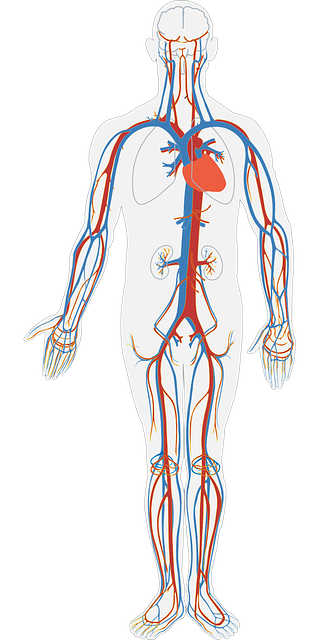Health Benefits
Feijoa is one of the healthiest fruit you can eat on the planet
1. Feijoa helps support the digestive system.
The Feijoa fruit is made up of a considerable amount of fiber. Fiber stimulates peristaltic motion and increased secretion of gastric juices, which eases digestion, prevents conditions like constipation, and protects the body from more serious conditions like colorectal cancer. Fiber can also scrape cholesterol out of the arteries and blood vessels. One cup of Feijoa contains 16 grams of dietary fiber which is half of what the Heart foundation recommends an adult to take daily (25-30g).
2. Feijoa is less likely to spike your blood sugar levels.
People with type 2 diabetes may like Feijoa because of its glycemic index score. The glycemic index ranks food and drinks based on their blood sugar increase potential. Foods high on the glycemic index like white rice and white bread will break down easily and cause blood sugar and insulin level spikes after meals, which is followed by rapidly dropping blood sugar levels. Feijoa is more slowly absorbed into the bloodstream, which prevents sugar crashes, sugar cravings, and mood swings.
3. Feijoa may improve focus, concentration, and memory.
Several components of Feijoa, such as potassium, folate, and various antioxidants are known to provide neurological benefits. Folate has been known to reduce the occurrence of Alzheimer’s disease and cognitive decline. Potassium has been linked to increase blood flow to the brain and enhance cognition, concentration, and neural activity.
Also, Feijoa contains a considerable amount of vitamin B6. A deficiency has shown depression and nausea. Be sure not to consume too much. The vitamin B6 upper limit is set to 100 milligrams for adults over the age of 18, but adults do not need that much unless directed by the doctor.
4. Feijoa can help you maintain a healthy blood pressure.
Feijoa are well known because of its high potassium content. They can contribute to reducing the risk of hypertension by being loaded with potassium and a low content of sodium. One Feijoa contains an astonishing 418 milligrams of potassium, compared to just 7 milligrams of sodium. This helps the blood vessels relax and maintains proper blood pressure.
5. Feijoa can health decrease the risk for heart disease.
Fiber, vitamin C, vitamin B6, and potassium have been known to improve the heart’s health. The recommended 4,700 mg of potassium is not obtained by many individuals in the United States, according to the National Health and Nutrition Examination Survey, despite the benefits of increased potassium intake. One study suggested that people who consumed 4,069 mg of potassium per day had a 49 percent lower risk of death from ischemic heart disease compared with those who consumed less than 1,000 mg per day).
Also, additional fiber has been known to lower the "bad" low-density lipoprotein (LDL) cholesterol and increase the "good" high-density lipoprotein (HDL) cholesterol in people with type 2 diabetes.
6. Feijoa can help you fight off infections.
One cup of feijoa contains 82 percent of the vitamin C daily requirements per cup. Vitamin C is a potent natural water-soluble antioxidant that helps the body develop resistance against infectious agents and eliminates cancer-causing free radicals in the body.
7. Feijoa can assist in antioxidant defense.
One cup of Feijoa contains 10 percent of the mineral manganese, which is an essential cofactor in some enzymes important in antioxidant defenses. For example, some enzymes disarm free radicals produced within the mitochondria, the energy production factories within our cells, which require manganese.



